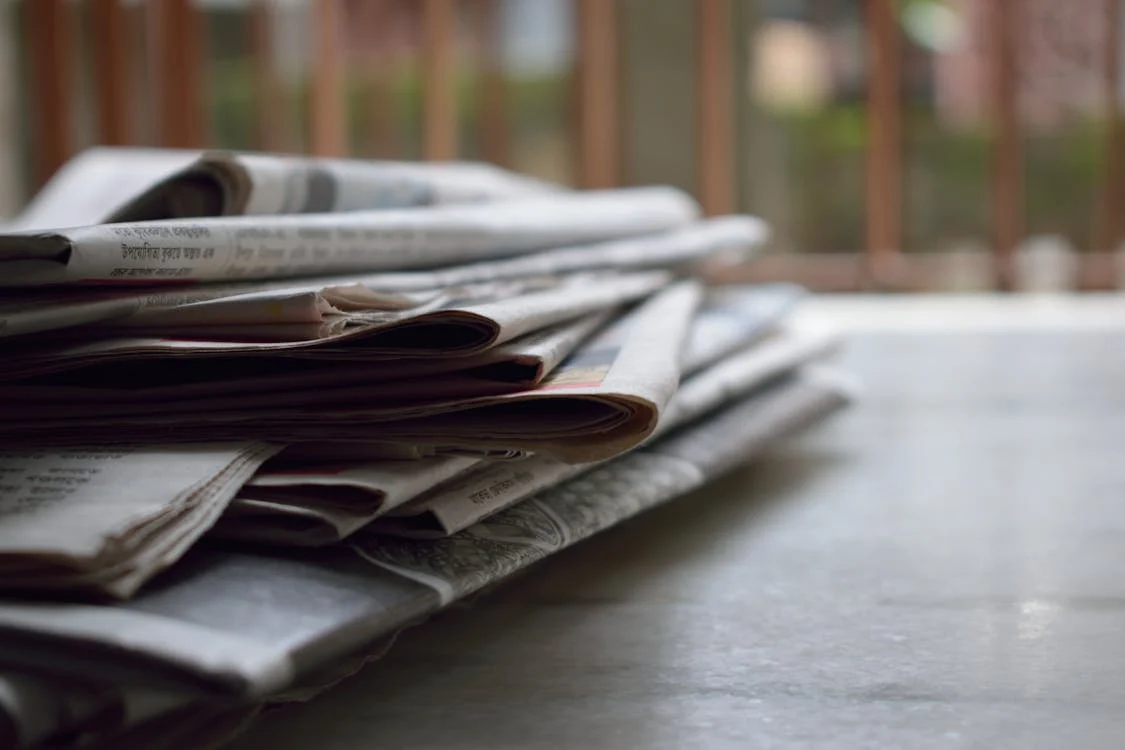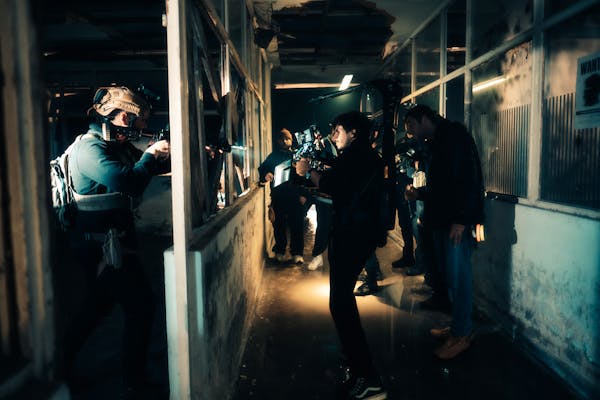
Eritrea, a small nation located in the Horn of Africa, has been a topic of interest in global news for several reasons, ranging from political developments to social issues. With a population of approximately 3.5 million, Eritrea has made headlines in recent years due to its unique political climate, relations with neighboring Ethiopia, and internal developments. In this article, we will explore the latest updates and key developments from Eritrea, shedding light on the political, economic, and social landscape of this nation.
A Brief Overview of Eritrea’s Recent History
Before diving into the latest news from Eritrea, it is essential to understand the context of the country’s history. Eritrea gained its independence from Ethiopia in 1993 after a long struggle for autonomy, which culminated in a 30-year war. Following independence, the country was led by President Isaias Afwerki, whose regime has been characterized by a strong central authority and limited political freedom. Over the years, Eritrea has faced international criticism for human rights abuses, the suppression of dissent, and lack of press freedom.
Despite these challenges, Eritrea has managed to maintain its sovereignty, albeit with tensions with neighboring Ethiopia that have occasionally flared into conflict. In 2018, a landmark peace agreement was signed between Eritrea and Ethiopia, bringing an end to the two countries’ long-standing border conflict. However, relations between the two nations and the broader international community remain complex.
In the following sections, we will look into some of the most recent news and developments from Eritrea, touching on politics, economy, and social issues.
Political Landscape: Stability or Repression?
Eritrea’s political landscape remains dominated by President Isaias Afwerki, who has been in power since the country’s independence in 1993. His regime is often described as one of the most authoritarian in Africa, with no elections held since independence. While Eritrea has maintained a sense of stability, the political repression has drawn international condemnation.
The Role of President Isaias Afwerki
President Isaias Afwerki’s government continues to face criticism for its lack of political pluralism. Political opposition is heavily restricted, and there are reports of imprisonment for dissenters and journalists. While the government has cited national security concerns and the need for unity as reasons for its policies, critics argue that the regime has become increasingly repressive over time.
In recent months, there have been rumors and unverified reports suggesting potential shifts in leadership, with calls for reform or change. However, there has been no official confirmation of any imminent change, and Afwerki remains a dominant figure in Eritrean politics.
Human Rights Concerns
The issue of human rights in Eritrea has been a point of ongoing concern. Reports of arbitrary detentions, forced military service, and the lack of freedom of speech continue to emerge from within the country. Eritrea has been ranked among the worst countries in the world for press freedom by organizations like Reporters Without Borders, with journalists facing imprisonment or exile for their work.
Furthermore, the government’s policy of indefinite national service, which requires young Eritreans to serve in the military or government for an undefined period, has drawn widespread criticism. Many Eritreans have fled the country to escape compulsory military service and to seek better opportunities abroad.
Economic Developments: Challenges and Opportunities
Eritrea’s economy is primarily driven by agriculture, mining, and remittances from the Eritrean diaspora. While the country has vast mineral resources, including gold, copper, and zinc, it faces significant economic challenges due to international sanctions, a lack of infrastructure, and a reliance on state-controlled industries.
Mining Industry and Economic Growth
The mining sector is one of the few areas of economic growth in Eritrea. In recent years, Eritrea has attracted foreign investment, particularly in its mining industry. Companies such as the Canadian-based Nevsun Resources have invested in extracting gold and other valuable minerals from Eritrean soil. These mining ventures are seen as vital to the country’s economic development, but they are also subject to scrutiny due to allegations of forced labor and human rights abuses associated with these operations.
Despite the potential of the mining industry, the Eritrean economy continues to struggle with stagnation and a lack of development in key sectors such as agriculture, manufacturing, and services. The country is still heavily dependent on imports, and the cost of living for many Eritreans remains high.

Sanctions and International Relations
Eritrea’s relationship with the international community remains strained. While the 2018 peace agreement with Ethiopia has led to some normalization of relations in the Horn of Africa, Eritrea remains under sanctions imposed by the United Nations. These sanctions were initially imposed due to Eritrea’s involvement in supporting armed groups in neighboring Somalia, but they continue to affect the country’s economic growth and access to international markets.
In recent news, there have been discussions about the gradual lifting of sanctions, with calls from the international community for Eritrea to engage more with global institutions and address its human rights concerns. However, the Eritrean government has remained steadfast in its refusal to engage in meaningful dialogue on political reforms, which continues to hinder its international standing.
Social Issues: Education, Health, and Migration
Eritrea’s social challenges are largely shaped by its political environment and its economic limitations. Despite these obstacles, the country has made strides in certain areas, particularly in education and healthcare. However, major challenges persist, especially in terms of migration and the impact of the government’s policies on the daily lives of its citizens.
Education and Healthcare
Eritrea has made considerable progress in improving literacy rates and access to basic education. The country’s educational system has expanded in recent years, with an increasing number of students enrolling in primary and secondary schools. However, access to higher education remains limited, and many young people are forced to leave the country to pursue university degrees abroad.
In healthcare, Eritrea has made significant strides in reducing infant mortality and increasing life expectancy. The government has focused on public health campaigns to reduce diseases such as malaria and HIV/AIDS. However, healthcare infrastructure remains underdeveloped, particularly in rural areas.
The Migration Crisis
One of the most pressing social issues in Eritrea today is the ongoing migration crisis. Due to the country’s political repression, lack of economic opportunities, and indefinite military service, many young Eritreans have sought asylum abroad. Over the past decade, thousands of Eritreans have made perilous journeys across the Mediterranean Sea to reach Europe, often facing human trafficking, abuse, and death along the way.
The migration issue remains a critical concern for both Eritrea and the international community. While the Eritrean government blames foreign powers for encouraging emigration, many Eritreans view migration as the only option for securing a better future. The United Nations High Commissioner for Refugees (UNHCR) has noted that Eritrea remains one of the top countries of origin for refugees worldwide.
Conclusion: The Future of Eritrea
Eritrea stands at a crossroads in its political, economic, and social development. While the peace agreement with Ethiopia has brought some stability to the region, internal challenges persist. Political repression, human rights abuses, economic stagnation, and the migration crisis continue to affect millions of Eritreans.
The future of Eritrea will largely depend on whether the government chooses to engage in meaningful reforms, address human rights concerns, and open up the political landscape to allow for greater freedoms and democratic participation. Until then, the country will likely continue to face significant challenges in its efforts to modernize and grow.
As for Eritrean news today, the focus remains on the government’s stance toward international relations, domestic policies, and the ongoing issues surrounding human rights. Whether or not there will be major political reforms or a shift in economic policy remains to be seen, but for now, Eritrea remains a nation caught between the desire for stability and the need for change.






